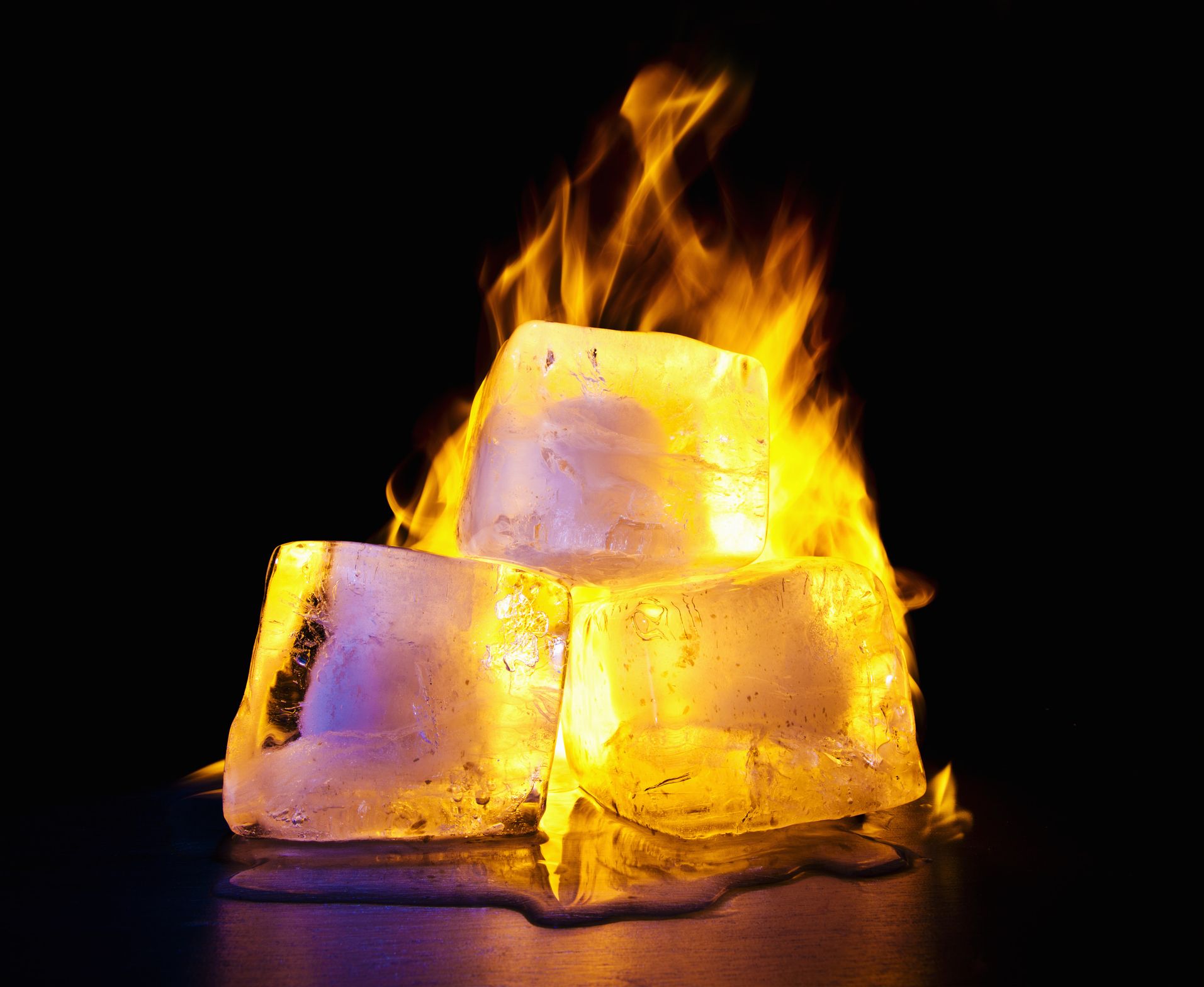- Porter's Daily Journal
- Posts
- Will It Be Fire Or Ice?
Will It Be Fire Or Ice?
Porter's Journal Issue #130, Volume #2

This Massive Bull Market Will Either Burn Out Or Freeze Up
This is Porter’s Daily Journal, a free e-letter from Porter & Co. that provides unfiltered insights on markets, the economy, and life to help readers become better investors. It includes weekday editions and two weekend editions… and is free to all subscribers.
Fire or ice… Stocks are expensive as ever… CAPE ratio above 30… Credit markets in Lake Wobegon… Gold is the stalwart… Americans keep buying stocks… Private credit crack-up…
Table of Contents
Massive bull markets (like this one) don’t last forever.
Since the early 1970s, when we moved to paper money, three major bull markets have ended in “fire” – an overheating economy, where soaring inflation causes interest rates to spike. And three major bear markets were caused by “ice” – a sudden deflationary collapse.
Fire burned the market down in 1973 (48% decline), 1980 (27% decline), and 2022 (25% decline).
And ice (deflationary forces) sent stock prices crashing and government bond prices soaring in the dot-com crash (49% decline), the Global Financial Crisis (56% decline), and the COVID crash (34% decline).
One or the other is coming for us.
Rampant asset inflation has pushed asset prices to levels we’ve rarely seen before in history.
Economist Robert Shiller designed the CAPE (cyclically adjusted price-to-earnings) ratio to help understand the longer-term cycles in equity markets. Rather than measuring stock prices against a single year’s earnings, Shiller measures the average earnings, adjusted for inflation, over the past decade and then measures those earnings against equity prices.
While the CAPE ratio isn’t a market-timing tool, it is an excellent predictor of future equity returns over the long term. Vanguard studied equity investing outcomes from 1926-2011 and found actual long-term (10-year) equity market returns are flat when the CAPE is over 25.
Moneco Advisors recently updated this study through 2024 and found the starting CAPE level was responsible for 80% of long-term equity returns.
For investors buying stocks at CAPE ratios over 30, future negative returns are inevitable – on average.